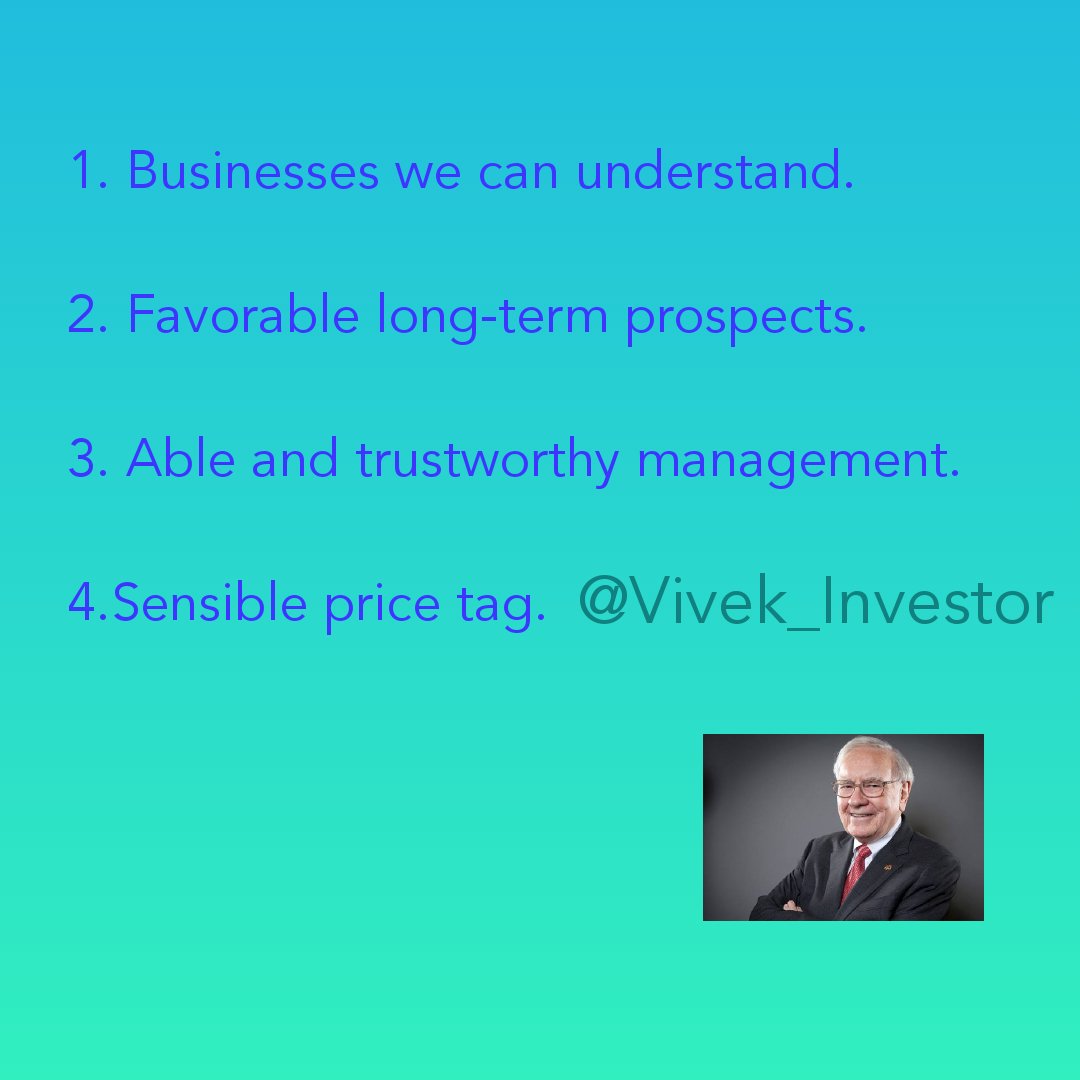Friends,
Goldman Sachs made waves last month by saying it expects stocks to return just 3% annually over the next decade. That would mean just 34% for ALL of the next decade.
To put that in context, stocks have returned 13% annually (240% total) over the past decade.
In other words: Goldman is warning of another Lost Decade.
The crux of Goldman's prediction:
- Starting valuations are high
- The S&P 500 is more concentrated right now -- with just seven stocks accounting for over 30% of the index -- than at any point in recent history.
- These companies -- Amazon, Alphabet, Apple, NVIDIA, Tesla, Meta, and Microsoft -- are growing fast, with wider margins, than large companies have achieved at any point in recent history.
- Eventually, these growth rates and margins will come back to earth.
We believe there are two very important things to point out:
- The S&P 493: If you invest in ETFs, there's little doubt you've got a ton of exposure to the Magnificent 7. At the same time, if you invest in individual stocks outside of this small group, your returns could diverge wildly from the S&P 500 writ large.
- Historical precedence: It's always smart to check the scorecard on someone making predictions. As you can see, Goldman's 2012 prediction came in at the high end of its range. And the 2020 forecast is thus far above even the high-end of the forecast.
All of this is to say that a prediction is a prediction. Nothing more.
We can't predict the future, but here's what we're willing to bet on: buying wide-moat businesses that are solving the world's problems -- for reasonable prices -- is the most reliable way to increase your wealth over the long run.
We don't see that changing any time soon.
Wishing you investing success,
|
|
Brian Feroldi, Brian Stoffel, & Brian Withers
Long Term Mindset
|
P.S. What do you think returns will be over the next decade? Reply to this email to let us know.

